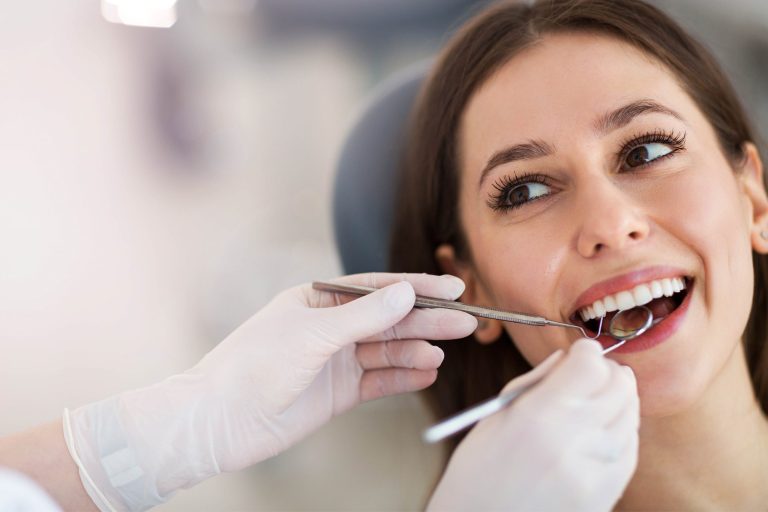When should you make a dentist appointment a top priority? “When I get a toothache,” many people respond. Worse, people avoid a visit to the dentist until they are in excruciating agony. There are, however, a slew of additional reasons to visit the dentist.
Your dentist and dental hygienist are trained to detect problems that you may not be aware of. Cavities and gum disease, for example, aren’t obvious or painful until they’ve advanced.
Going to the dentist is a preventative strategy that will enhance your general health and make things simpler in the long term. Following are the instances in which one should reach out to a dentist in Dedham, MA:
Having a toothache
A toothache is the most common cause of a dental appointment. Cavities/decay, a crack or fracture, failed fillings or restorations, irritated gums, or teeth grinding are all common reasons for dental discomfort. However, there are several warning signals that might help you avoid further tooth damage.
Preventive medicine
Preventative dental appointments are critical for the early detection of issues. The dentist providing the examination will look for any abnormalities in your teeth, gums, tongue, and mouth.

Broken or chipped tooth
Even though our teeth are tough, they can fracture or shatter. This commonly occurs due to an accident or injury, but it can also occur as a result of biting into anything hard or cavities. However, seeing a dentist as soon as possible is critical.
Gums that are swollen, red, or bleeding
Bacteria in the mouth can cause an infection of the gums as well as plaque formation on the teeth. It is possible for germs to multiply if you do not brush and floss regularly. Gums that are swollen, red, or bleeding, are a result of this.
Teeth that are missing
Losing a tooth may be excruciatingly painful. They can loosen, deteriorate, or fall out. A lost tooth may usually be replaced by a dentist. Your dentist may be able to replace the tooth depending on the circumstances and cause of tooth loss.
Final Words
You should see the dentist on a regular basis, even if you brush twice a day and floss every day. Your dentist is trained to spot issues that you may not see or feel. Cavities and gum disease, for example, aren’t painful or uncomfortable until they’ve progressed. In any case, visiting the dentist is a preventative measure that will improve your overall health and make things easier.



















